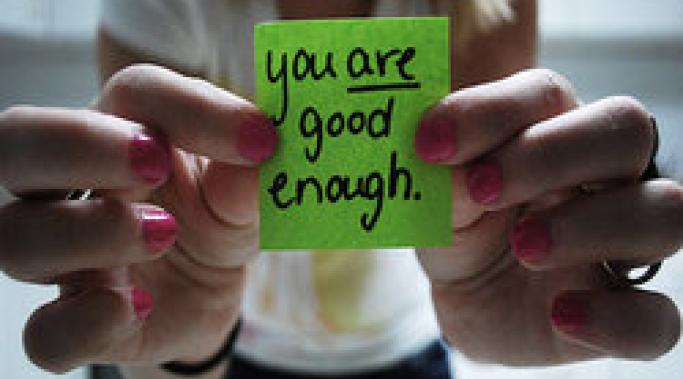Blogs
Drunkorexia is a non-medical term describing the habit of reducing food intake (or even anorexia) combined with alcohol use. This calorie restriction is used to compensate for calories consumed through alcoholic beverages. It is not a new phenomenon, but it's not a safe one either. Restricted eating or anorexia plus alcohol use is dangerous.
What are three myths about psychiatric patients? There are many misconceptions about mental health consumers, largely fueled by stigma and ignorance. I've dealt with three psychiatric patient myths over the course of my life, each one harmful in its own way.
Depression affects decision around parenthood. Decisions about if and/or when to become a parent are already tricky. Lots of us think about issues like financial security, career, age and whether or not we feel ready for parenthood, because parenting is hard. For those of us with mental health challenges, including depression, decisions about parenthood can be fraught with complexity .
I remember being a teenager -- calling that phase of life a challenging time is an understatement! Many teenagers need self-esteem help because not only are you going through physical changes that affect your mood and hormones, but you are also trying to find who you really are.
How do you do this when during the teenage years you're so influenced by others? How do you do this when it’s painful to go against your peers, and all you want to do is fit in? If you are unique and don’t conform to the norm, you start to feel like you’re not good enough (The Truth About Self-Esteem). How does one get through this transition period into adulthood? Here's some help for teenage self-esteem.
One of the things all of us in the combat posttraumatic stress disorder (PTSD) arena struggle with, is getting veterans to admit to experiencing combat PTSD symptoms. There is a pervasive problem – in spite of educational initiatives – wherein veterans just don’t want to admit to struggling post-combat (or at any time). Considering the culture of the military and society at large, it’s understandable. Here are some of the reasons why veterans don’t admit to combat PTSD symptoms.
It's important to know when changing therapists is necessary. The relationship with your therapist can be more important than any other. After all, you trust your therapist to listen to all of your thoughts and feelings, and then to give you counsel on improving your life. In spite of the closeness of this relationship, there may be times in life when changing therapists is necessary. There are several reasons why seeking a new therapeutic relationship may be good for you.
Break out the party hats, today marks my three year anniversary of getting gastric sleeve weight loss surgery and taking control of my binge eating disorder. I can truly say that the last three years have been my most successful in so many areas when it comes to my eating disorder and my body. I'm so grateful for my gastric sleeve weight loss surgery anniversary and being achieve as much as I have since then.
Follow-through and healing after posttraumatic stress disorder (PTSD) symptoms arrive is tough as illustrated by a client who recently told me about his plans to begin learning transcendental meditation to reduce his anxiety and he blurted in exasperation, "I know what I have to do to heal! The problem is that even though I know what to do I can't seem to get myself to do it."
This is a common refrain in recovery (and one I often said myself). Knowing what to do but not following through on doing it is one of the biggest problems in how to heal after PTSD symptoms settle in.
Anxiety exists in the body, and there are physical side effects of anxiety. We can experience anxiety symptoms throughout our whole being; indeed, anxiety impacts our thoughts, emotions, behaviors, and sense of physical wellbeing. Symptoms of severe anxiety can be frightening and lead to even more anxiety. Anxiety invades the body, an unwelcome guest that overstays its unwelcome. The physical side effects of anxiety can cause difficulty and even agony.
Perhaps the stigma of addiction is what perpetuates the idea that we should be able to kick all bad habits on our own, otherwise we are somehow weak or inferior human beings. This notion is particularly dangerous when it comes to fighting deadly addictions because it is not a realistic expectation. Most people die before they learn it's okay to ask for help but we can change addiction stigmas to fight substance abuse.









